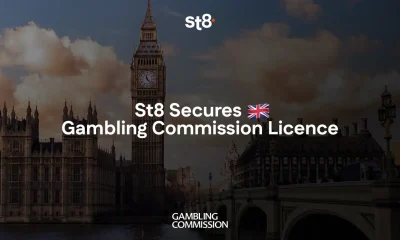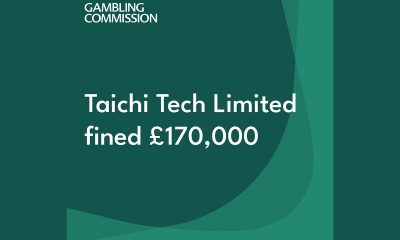Compliance Updates
Bet on Compliance: Navigating the Stakes with the UK’s Affordability Checks
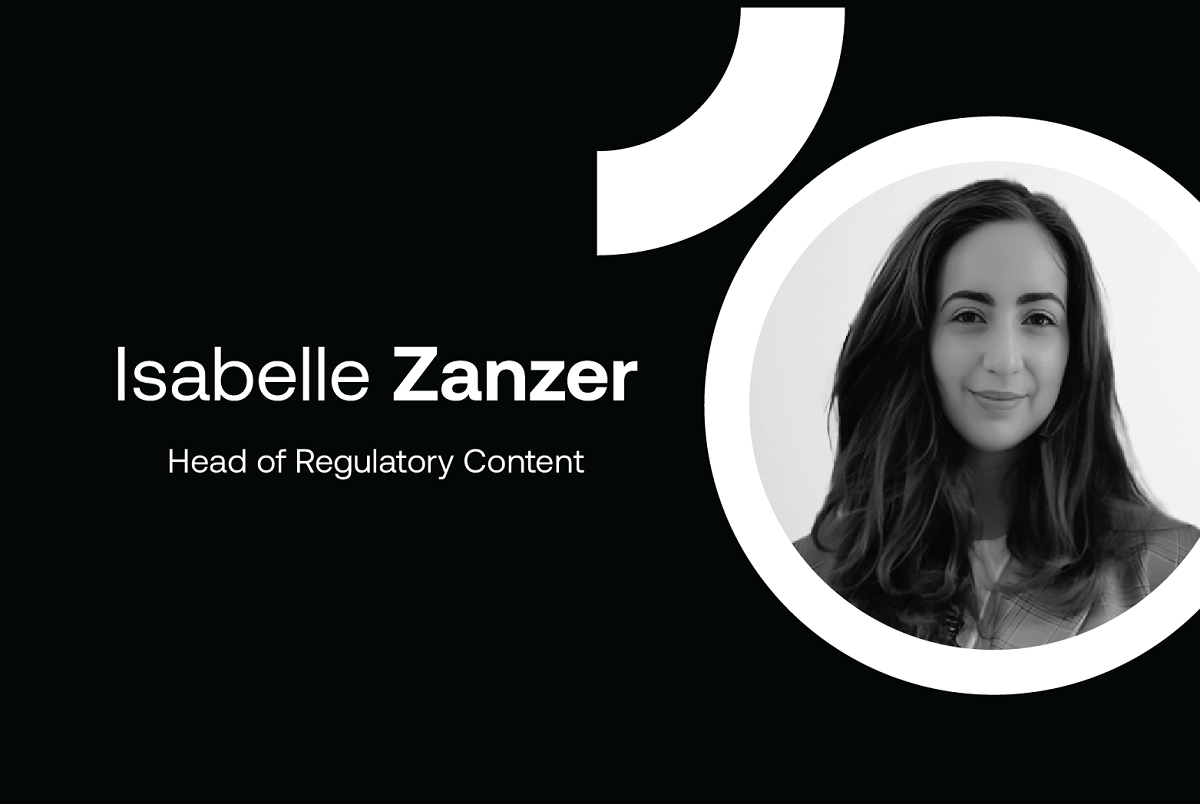
By Isabelle Zanzer, Head of Regulatory Content at ComplianceOne Group
Feeling like the deck is stacked against you with all these talks of financial checks in gambling? Wondering if this new game plan will leave your privacy on a losing streak? If so, no need to bet on uncertainty anymore. We’re here to deal you in on the UK’s latest gamble towards responsible betting. Let’s shuffle through the details and lay our cards on the table, as we make sure you’re holding a winning hand in understanding what’s in play. Ready to roll the dice and dive in? Follow me.
On July 26, 2023, the UK Gambling Commission launched consultations on proposed reforms in the Gambling White Paper, focusing on areas like direct marketing, age verification, game design, and financial risk checks. This article delves into the latter, highlighting new financial vulnerability and risk assessments to safeguard customers.
The UK’s consultation introduces two checks for gambling: light-touch financial vulnerability checks and detailed financial risk assessments. The first tier of checks is designed to identify financial vulnerabilities such as bankruptcy orders or significant debts, using publicly available data. The second tier involves enhanced financial risk assessments triggered by significant losses, requiring more comprehensive scrutiny of a customer’s financial situation.
Thus, in simple terms, what is going to happen at the heart of the UKGC’s new measures are two-tiered affordability checks designed to assess the financial vulnerability and risk of consumers engaging in online gambling. The first tier involves unintrusive checks that will be triggered when a customer reaches a specified net loss within a rolling period, using publicly available data to identify potential financial vulnerabilities. To dive a little deeper, this check will be conducted if a customer either has net losses of £125 in a rolling 30 days or £500 within a rolling 365 days. It would need to include “at a minimum a customer-specific public record information check for significant indicators of potential financial vulnerability”, including whether the customer is subject to things such as a bankruptcy order, county court judgment, or individual voluntary arrangement. Net loss would be defined as loss of deposited monies with an operator, not counting restacked winnings or bonus funds.
The second tier represents a more detailed assessment of financial risk, which is activated at higher loss thresholds. A comprehensive financial review is required for gamblers with significant losses, examining their financial data including credit status and spending. If third-party data is unavailable, operators may directly seek customer consent for access, ensuring a thorough understanding of financial health.
The gambling industry’s reception of these checks has been cautiously optimistic, particularly regarding the initial, less invasive tier. However, the prospect of more detailed financial assessments has sparked debate, not only among operators but also among consumers wary of privacy infringement.
As the UK gambling sector adapts to these new regulations, the challenge will be to strike an optimal balance between safeguarding consumers and maintaining the operational viability of gambling platforms. The pilot study represents a critical step in this process, offering valuable insights into the practical implications of affordability checks and the potential need for adjustments in response to industry feedback and consumer concerns.
The outcome of the pilot study and subsequent parliamentary debates are pivotal in shaping the future of affordability checks in the UK gambling sector. As operators, regulators, and consumers navigate these changes, the overarching goal remains clear: to foster a safer, more responsible gambling environment that protects consumers from financial harm while ensuring the industry’s sustainable growth.
Striking the right balance in the new UK gambling regulations is like walking a tightrope. With the introduction of light-touch and in-depth financial risk assessments, operators may face the challenge of protecting players without overstepping into their privacy. These two-tiered checks aim to shield those at risk, using both public data and deeper financial insights.
The key here for operators will be to navigate these waters carefully, ensuring player safety while keeping the game fair and enjoyable. Now, when trying to find a balancing act, we need to consider the following:
- Regulatory Compliance Risk: Reviewing the existing practices against the UKGC’s affordability check guidelines, identifying discrepancies, and recommending changes to align with the new regulations.
- Data Privacy and Security Risk: Evaluating the ability to handle and protect sensitive financial data in line with GDPR and other data protection laws.
- Operational Risk: Assessing the impact of the new checks on daily operations and customer interactions.
- Financial Risk: Analysing the potential financial implications of the affordability checks on revenue and customer base.
- Reputational Risk: Considering the public and customer perception of the affordability checks, especially regarding privacy concerns, the key here, like in all relationships, is communication. For example, it is estimated that just the very highest spending 3 percent of accounts would undergo financial risk assessments. Most financial risk assessments – at least 80 percent – would be carried out through credit reference agencies. The checks are expected to be frictionless and not interrupt the customer journey unless concerns are raised. It is estimated that a further 10 percent of risk assessments will be done through limited data-sharing through third-party open-source banking, which is similarly straightforward from a customer perspective.
Finding this balance involves a tailored approach as one offered by ComplianceOne group, whereby operators can personalize checks based on individual player profiles, ensuring those at higher risk receive the attention they need while others continue to enjoy their play with minimal interruption. It’s about creating a safety net that catches those in need without trapping everyone else in unnecessary checks. The key to a winning strategy is the execute this balance, and understanding what is at stake: Reputation, Sustainability and Trust.
-

 Africa6 days ago
Africa6 days agoQTech Games wins Best Innovation of the Year at the 2025 SBWA+ Eventus Awards
-

 Asia6 days ago
Asia6 days agoNODWIN Gaming and JioStar Unveil OnePlus Android BGMS Season 4
-
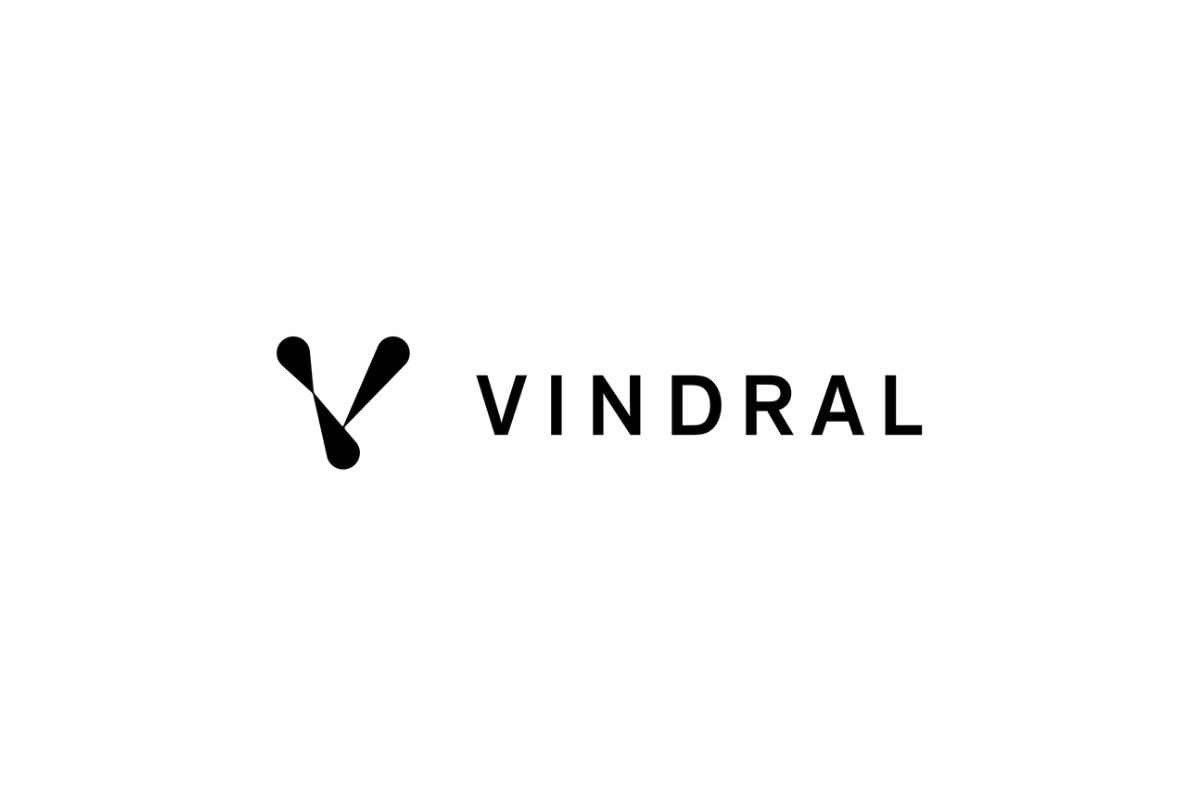
 Latest News6 days ago
Latest News6 days agoVindral appoints Henrik Fagerlund as Chairman of the Board
-

 Latest News6 days ago
Latest News6 days agoCalema to Perform at Legends Charity Game in Lisbon
-
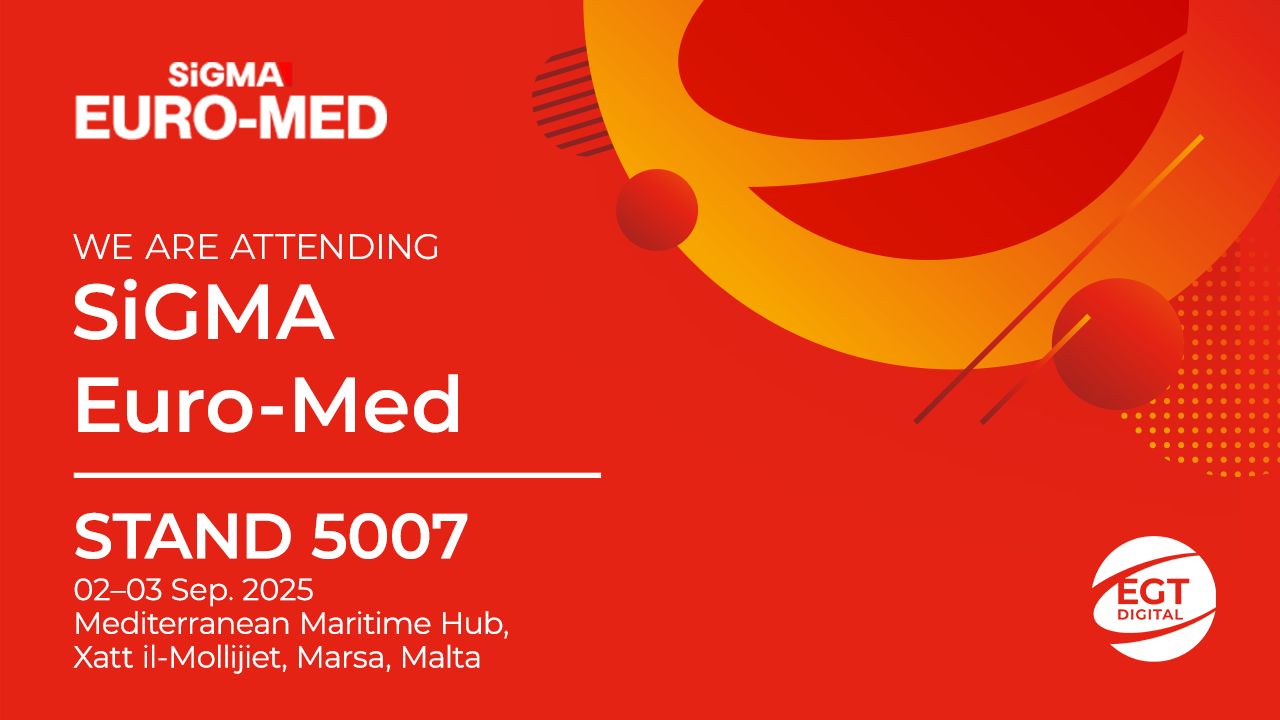
 Conferences in Europe6 days ago
Conferences in Europe6 days agoEGT Digital and EGT to rock the show at SiGMA Euro-Med 2025
-

 Latest News6 days ago
Latest News6 days agoPush Gaming redefines its portfolio, unveiling new game categories and sub-brand for extended player reach
-

 Affiliate Industry6 days ago
Affiliate Industry6 days agoNikita Lukanenoks Brings Slotsjudge Into Spotlight With Affiliate Leaders Awards 2025 Nomination
-

 Latest News6 days ago
Latest News6 days agoThunderkick returns for an even fierier fiesta in Carnival Queen 2








